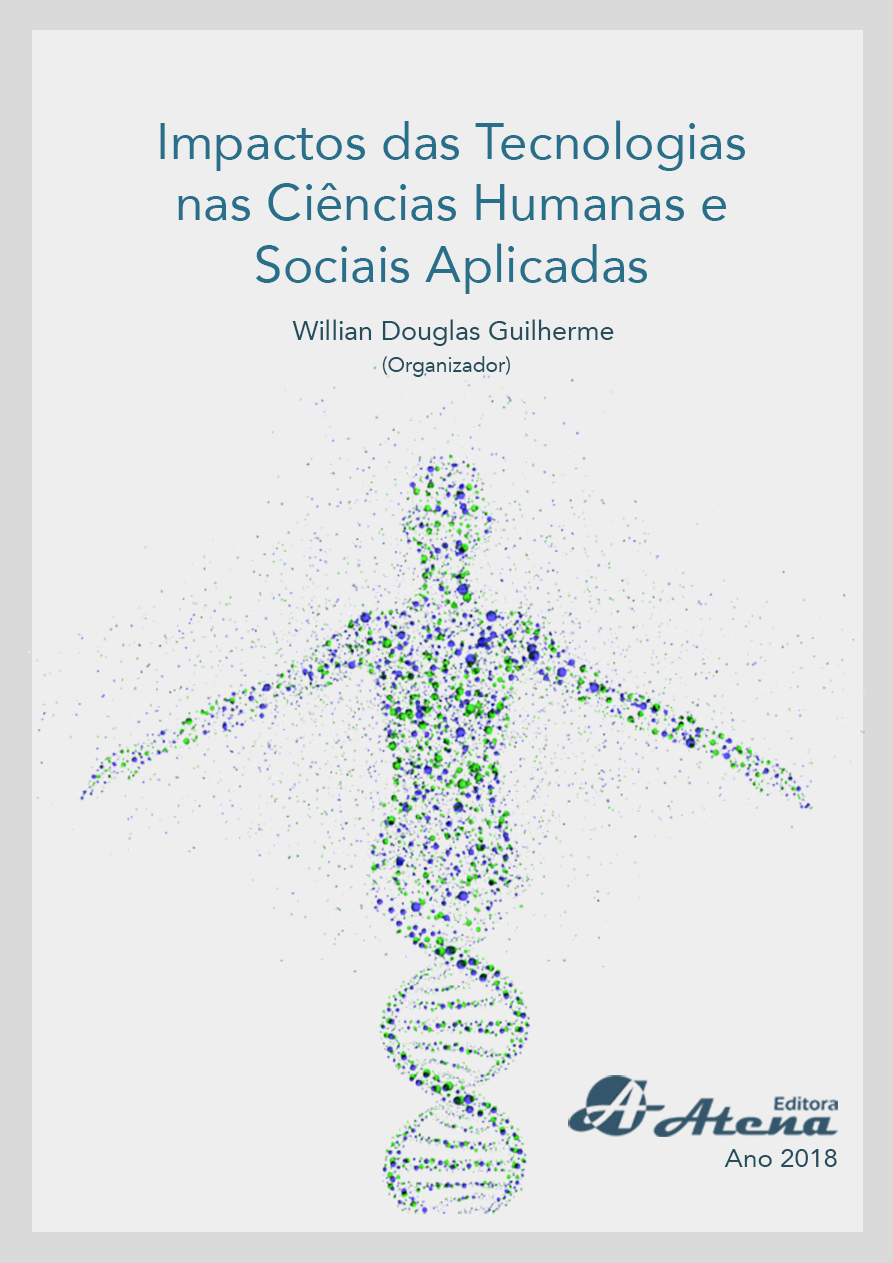
A ECONOMIA CIRCULAR COMO INSTRUMENTO DE DESENVOLVIMENTO DO PROJETO POLO DE FRUTICULTURA IRRIGADA SÃO JOÃO/ PORTO NACIONAL-TO
Este trabalho teve como objetivo
pesquisar a economia circular e de que
forma podemos utilizá-la, melhorando assim
o aproveitamento e a utilização dos recursos
naturais do nosso planeta. Foi desenvolvida no
Projeto Polo de Fruticultura Irrigada São João
– Porto Nacional/ TO, com a verificação dos
aspectos da Economia Circular para o alcance
dos resultados, diante da visão de que para se
desenvolvê-la devemos produzir bens de forma
a serem duráveis, reparáveis, reutilizáveis e
recicláveis. Com a constante ação do homem
estes recursos estão se tornando cada vez mais
escassos. Precisamos construir novos modelos de
vida sustentável, orientados por uma racionalidade
ambiental e uma ética de solidariedade para com
o meio ambiente, criando assim a consciência de
que sem esses recursos não podemos sobreviver.
Um dos métodos de pesquisa utilizados será
Pesquisa Exploratória que segundo Koche
(1997) se caracteriza por proporcionar maior
familiaridade com o objeto de estudo. A Economia
Circular se preocupa com a concepção de produtos
utilizando materiais facilmente recicláveis e
não perigosos; leis ambientais que estimulem o
setor; reintrodução dos resíduos sólidos a cadeia
produtiva; tratamento e reaproveitamento dos
resíduos oriundos da atividade produtiva. Os
resultados gerais da pesquisa indicam que há
necessidade de mais informações frente as redes
sociais quanto a conscientização da população
em geral, principalmente das empresas,
agricultores em implantarem e colocarem em
prática a Economia Circular, isso fará com que os
produtos fiquem mais tempo em uso, não sendo
descartados, diminuindo assim a contaminação e
a degradação do meio ambiente.
A ECONOMIA CIRCULAR COMO INSTRUMENTO DE DESENVOLVIMENTO DO PROJETO POLO DE FRUTICULTURA IRRIGADA SÃO JOÃO/ PORTO NACIONAL-TO
-
DOI: Atena
-
Palavras-chave: Agronegócio, economia circular, meio ambiente, recursos naturais e sustentabilidade.
-
Keywords: Agribusiness, circular economy, environment, natural resources and sustainability.
-
Abstract:
This work aimed to research the circular
economy and how we can use it, thus improving
the use and utilization of the natural resources of
our planet. It was developed in the Polo Project of
Irrigated São João - Porto Nacional / TO, with the
verification of the aspects of the Circular Economy
to achieve the results, in view of the fact that in
order to develop it we must produce goods in order
to be durable, repairable , reusable and recyclable.
With the constant action of man these resources
are becoming increasingly scarce. We need to
build new models of sustainable living, guided
by an environmental rationality and an ethics of
solidarity with the environment, thus creating
awareness that without these resources we can not survive. One of the research methods
used will be Exploratory Research that according to Koche (1997) is characterized by greater
familiarity with the object of study. The Circular Economy is concerned with the design of
products using easily recyclable and non-hazardous materials; environmental laws that
stimulate the sector; reintroduction of solid waste into the production chain; treatment and
reutilization of the residues originating from the productive activity. The general results of
the research indicate that there is a need for more information regarding social networks,
as well as the awareness of the population in general, especially of companies, farmers in
implementing and implementing the Circular Economy, this will make the products more
time consuming , not being discarded, thus reducing the contamination and the degradation
of the environment.
-
Número de páginas: 15
- Fabiana de Freitas Rosa Bello


